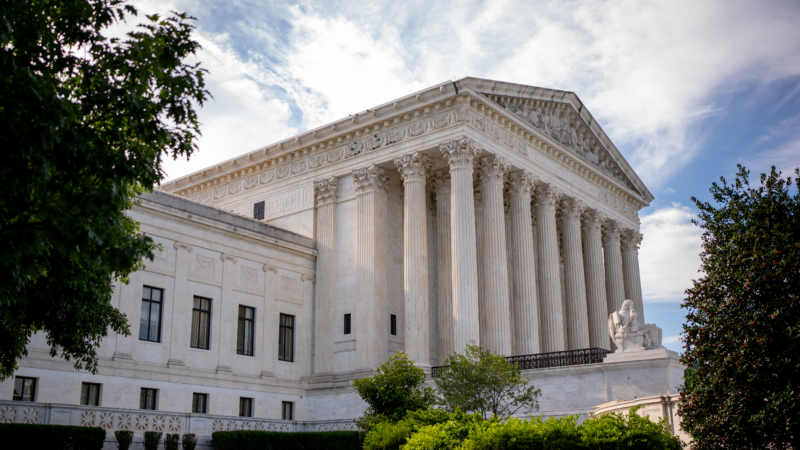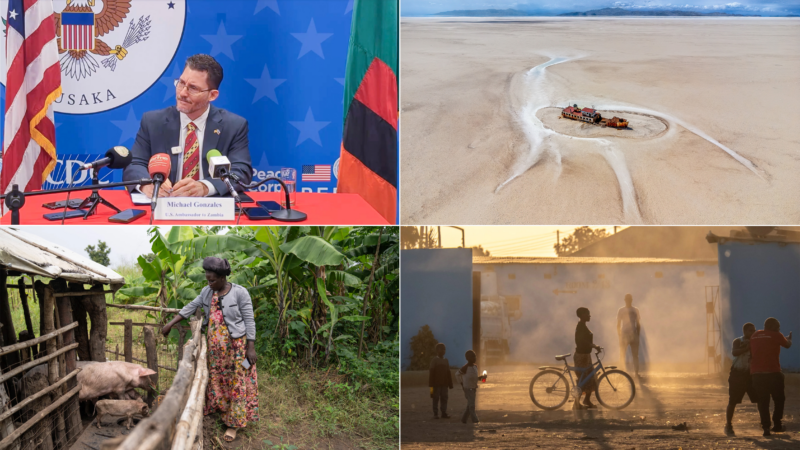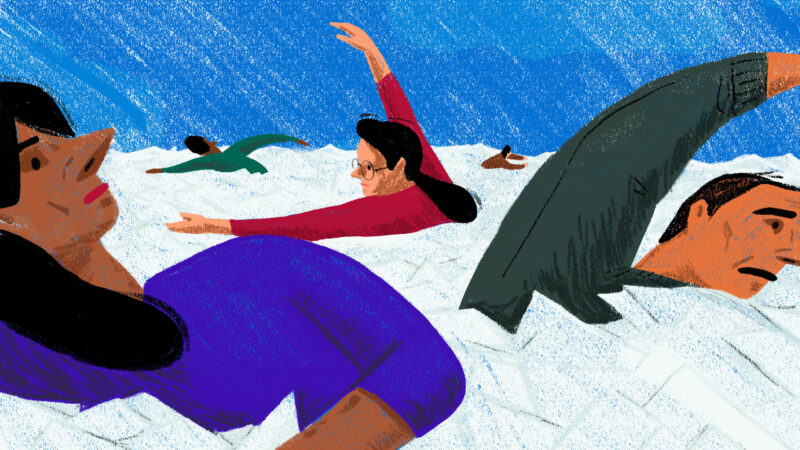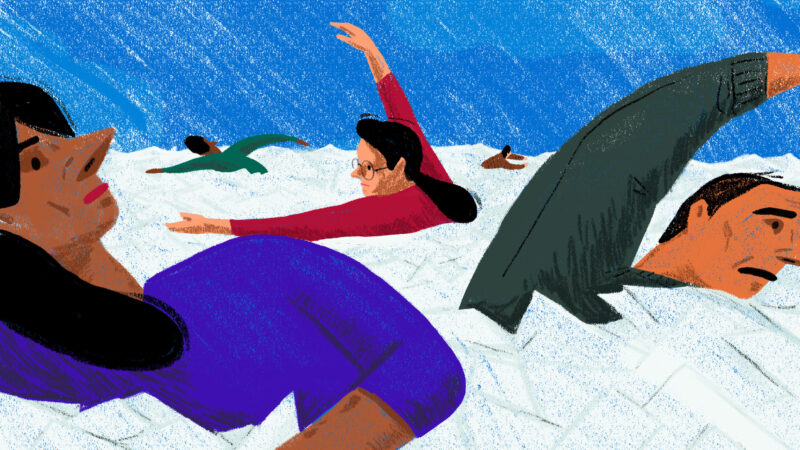DHS revokes legal protections for 532,000 Cubans, Haitians, Nicaraguans and Venezuelans
MIAMI — The Department of Homeland Security said Friday that it will revoke legal protections for hundreds of thousands of Cubans, Haitians, Nicaraguans and Venezuelans, setting them up for potential deportation in about a month.
The order applies to about 532,000 people from the four countries who came to the United States since October 2022. They arrived with financial sponsors and were given two-year permits to live and work in the U.S. Homeland Security Secretary Kristi Noem said they will lose their legal status on April 24, or 30 days after the publication of the notice in the Federal Register.
The new policy impacts people who are already in the U.S. and who came under the humanitarian parole program. It follows an earlier Trump administration decision to end what it called the “broad abuse” of the humanitarian parole, a long-standing legal tool presidents have used to allow people from countries where there’s war or political instability to enter and temporarily live in the U.S.
During his campaign President Donald Trump promised to deport millions of people who are in the U.S. illegally, and as president he has been also ending legal pathways for immigrants to come to the U.S. and to stay.
DHS said parolees without a lawful basis to stay in the U.S. “must depart” before their parole termination date.
“Parole is inherently temporary, and parole alone is not an underlying basis for obtaining any immigration status,” DHS said.
Before the new order, the beneficiaries of the program could stay in the U.S. until their parole expires, although the administration had stopped processing their applications for asylum, visas and other requests that might allow them to remain longer.
The change is being challenged in court
The administration decision has already been challenged in federal courts.
A group of American citizens and immigrants sued the Trump administration for ending humanitarian parole and are seeking to reinstate the programs for the four nationalities.
Lawyers and activists raised their voices to denounce the government’s decision.
Friday’s action is “going to cause needless chaos and heartbreak for families and communities across the country,” said Karen Tumlin, founder and director of Justice Action Center, one of the organizations that filed the lawsuit at the end of February. She called it “reckless, cruel and counterproductive.”
The Biden administration allowed up to 30,000 people a month from the four countries to come to the United States for two years with eligibility to work. It persuaded Mexico to take back the same number from those countries because the U.S. could deport few, if any, to their homes.
Cuba generally accepted about one deportation flight a month, while Venezuela and Nicaragua refused to take any. All three are U.S. adversaries.
Haiti accepted many deportation flights, especially after a surge of migrants from the Caribbean country in the small border town of Del Rio, Texas, in 2021. But Haiti has been in constant turmoil, hampering U.S. efforts.
Since late 2022, more than half a million people have come to the U.S. under the policy, also known as CHNV. It was a part of the Biden administration’s approach to encourage people to come through new legal channels while cracking down on those who crossed the border illegally.
Supreme Court rules against Trump in National Guard case
The U.S. Supreme Court ruled against President Trump on Tuesday, refusing to reinstate, for now, Trump's ability to send National Guard troops into the state of Illinois over the objections of the governor.
In Memoriam 2025: The Musicians We Lost
D'Angelo. Brian Wilson. Sly Stone. We lost these greats and so many more in 2025 — singers, producers, conductors and writers whose departures gave us a pang of loss, but whose art still lifts us up.
A diplomat’s tears, 200 snake bites, drone pix: Goats and Soda’s top stories in 2025
Our most popular global health and development stories in 2025 covered the human impact of the upheaval in U.S. foreign aid, surprising news about familiar diseases and the beauty of earth captured by drone cameras.
Student loan borrowers in default may soon see their wages garnished
About 5.5 million borrowers are currently in default. They haven't risked wage garnishment since the beginning of the pandemic, when policymakers paused the practice.
Student loan borrowers in default may soon see their wages garnished
About 5.5 million borrowers are currently in default. They haven't risked wage garnishment since the beginning of the pandemic, when policymakers paused the practice.
Sounds of the season: John Rutter’s ‘Magnificat’
The Magnificat is Mary’s song of praise in the Gospel of Luke. John Rutter's setting is influenced by Latin music.








